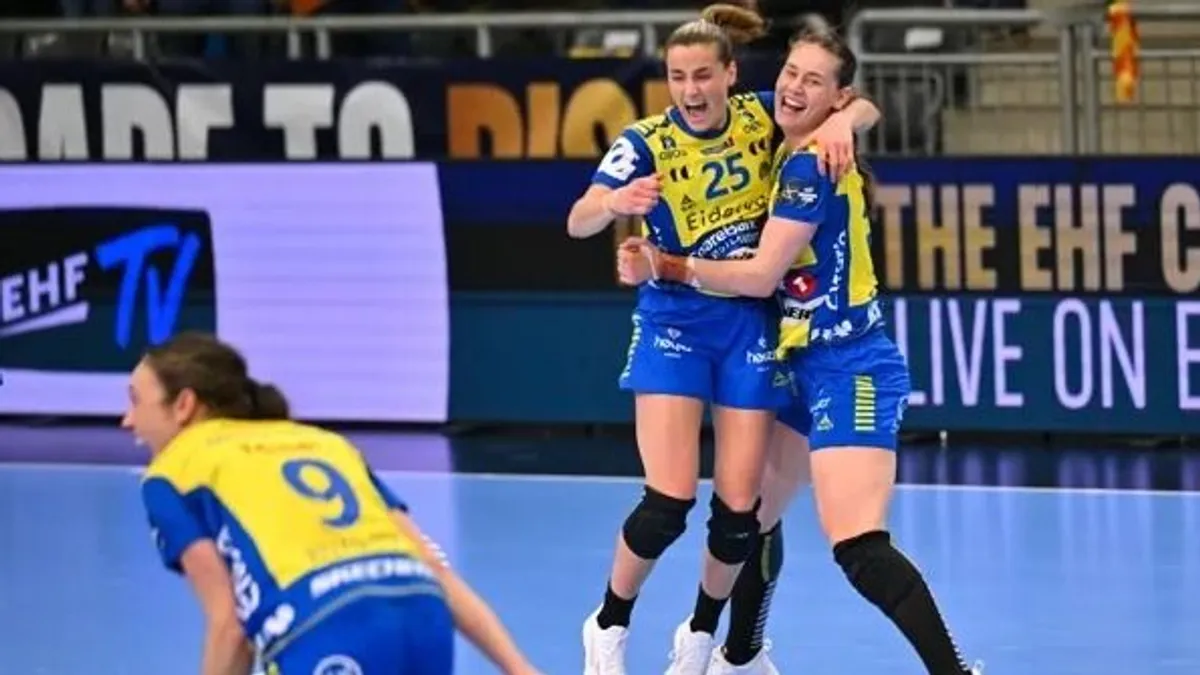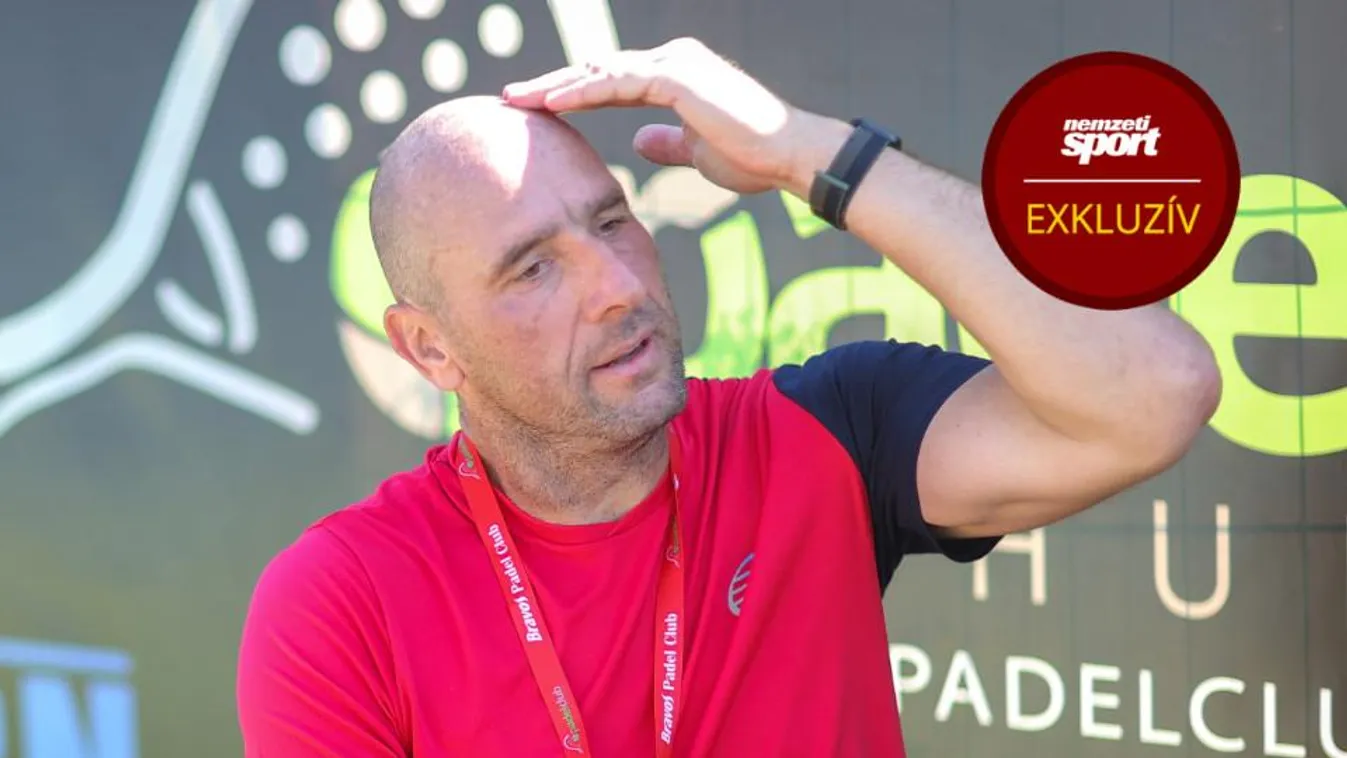
| Born:March 30, 1973; Prague (Czechoslovakia) |
| Nationality:Czech Republic |
| Position:striker |
| Caps/goal (1999–2009):91/55 |
| Club as a professional player:Sparta Praha (Czech Rep., 1994–1996), Lokeren (Belgium, 1996–1999), Anderlecht (Belgium, 1999–2001), Dortmund (Germany, 2001–2006), Monaco (Frane, 2006–2008), Nürnberg (Germany, 2008), Krylia Sovetov (Russia, 2008–2009), Cannes (France, 2009–2011) |
| Achievements:European Championship 3rd place(2004),UEFA Cup finalist (2002),Czech champion(1995),2-time Belgian champion(2000, 2001),German champion (2002),Czech Cup winner (1996),2-time Belgian Super Cup winner(2000, 2001),Belgian goal scorer(1999),The Czech footballer of the year (1999) |
– It was an interesting time, I played football there until I was nineteen, which was not typical, the others usually left the team earlier – said Jan Koller, the former Dortmund striker who came to our country for an international padel competition in Szentendre. – I hadn't even trained regularly before then, so you could say my career had an unusual trajectory.
– Everybody remembers you as a striker, but you also played as a goalkeeper in your youth.
– For about half a year when I played in Strakonice, but I didn't like it.
– You also had to earn money in the meantime.
– I worked on a farm and mostly repaired tractors.
– Soon, however, millions of coins passed through your hands...
– It was a temporary job, I got it after I had a beer with someone. It happened around the dissolution of Czechoslovakia, the money used at the time was withdrawn from circulation, and we had to sort these coins. Back then, several people encouraged me to start playing football more seriously, I also thought the time had come, and they were able to help me get to Sparta Praha.
– When did you feel you could become a professional player?
– When I played for Sparta Praha's reserves. I got my chance there, then they offered me a professional contract. After this I was a substitute for the first team and then I started playing there.
– I presume this was followed by money, success, and sports cars...
– My first car was a very old Škoda. I wasn't let into the parking lot because I was told I couldn't park there with such an ugly car. You couldn't close the doors, and there was no radio, so I put a big boombox in the back seat, and that's where the music came from. It was a very difficult period, I had to learn practically everything that goes with being a professional player, but I was always a person who was trying to improve and learn, so I was able to fit in.
– That Czech team included several world stars. How did they welcome you?
– I was excited, but by then, I was confident and knew some of the players. For example I played together with Pavel Nedved at Sparta. It also helped me that my first game was in Belgium. Goalkeeper Pavel Srnícek was my roommate and was five years older than me. I asked him a lot of questions, I wanted to know everything, and he was very helpful.
– However, as far as I know, your sleeping habits were not necessarily the same as your teammate's who sadly passed away a few years ago.
– He went to bed at ten o'clock at night, but I wasn't sleepy at that time, I didn't want to disturb him, so I usually went to the bathroom, got into the tub, and read. Later on, I preferred to ask for a separate room.
– I'm sure you remember your first goal for the national team, and I think you remember the last one. What about the 16th? Hint: it was against the Hungarian national team.
– I remember we played a preparation game in Cyprus. We won 2-0, and I scored the second goal.
– With Sparta, you won a league and a cup, but from what I read, things didn't work out there either.
– Over time, I started playing better, but many of my older colleagues didn't like it. They had a good relationship with the fans, the management, and they tried to make my life difficult, which was very hard for me. In retrospect, they were not very nice to me.
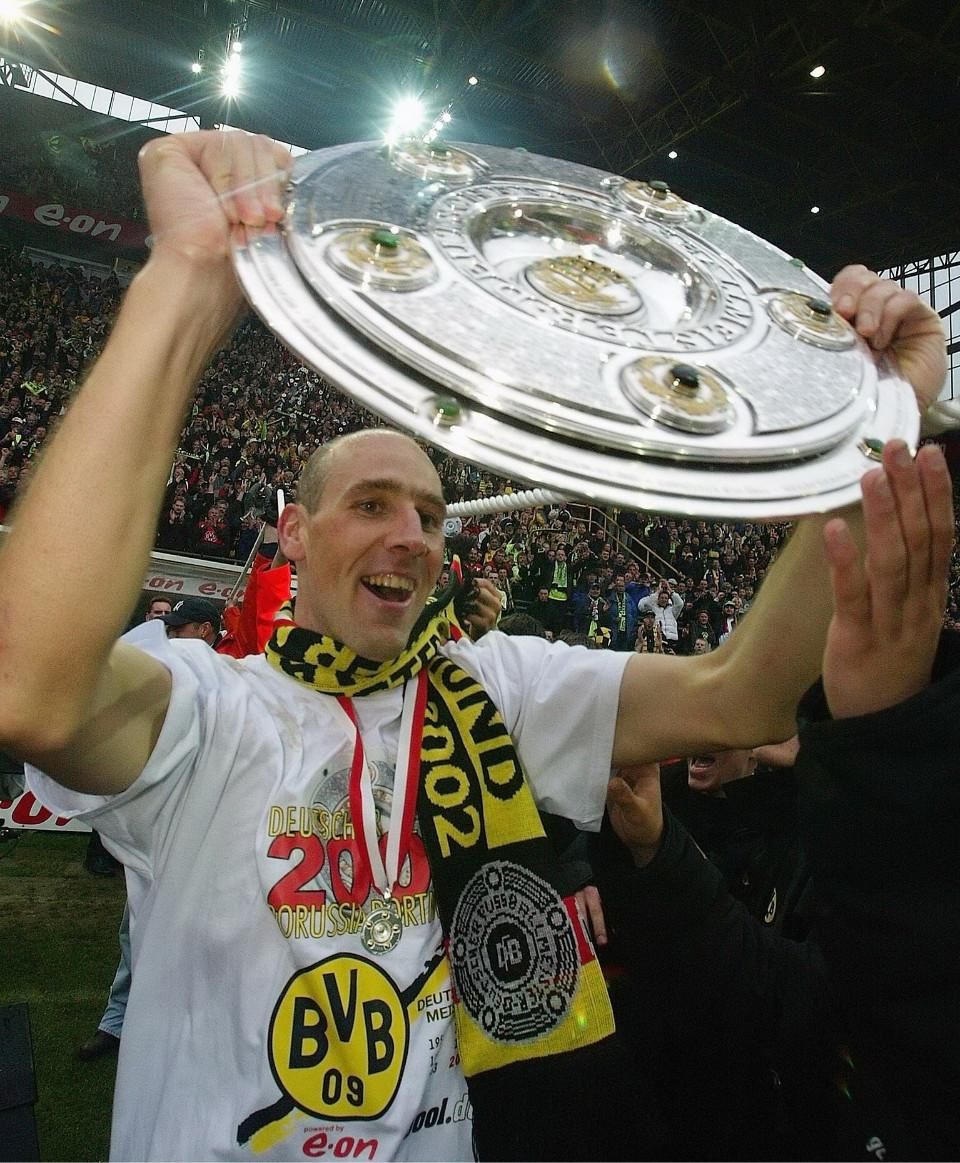
– As you mentioned, you started the regular training late, and you turned pro in your twenties. With that background, could you become a footballer nowadays?
– I'm not saying it's impossible, but it's quite unlikely. Football was different back then, now, there are much more extensive scouting systems, footballers don't really start playing so late. Kids are spotted and managed much earlier.
– Are there any players these days who remind you of yourself?
– Good question. In today's football, I don't think you can play as a striker with a frame like mine.
– After leaving Sparta, you became a foreign player in 1996. How did you feel at Lokeren in Belgium?
– I was on trial for three weeks, unsure whether I would be signed, and then I finally got a contract. Everything started all over again: a new country, new customs, and I didn't play much at first, but a new coach arrived and saw my potential. He trusted me, he worked with me a lot after training, and it was here that I improved the most. I became the league's top scorer, and I receive my first call-up for the national team.
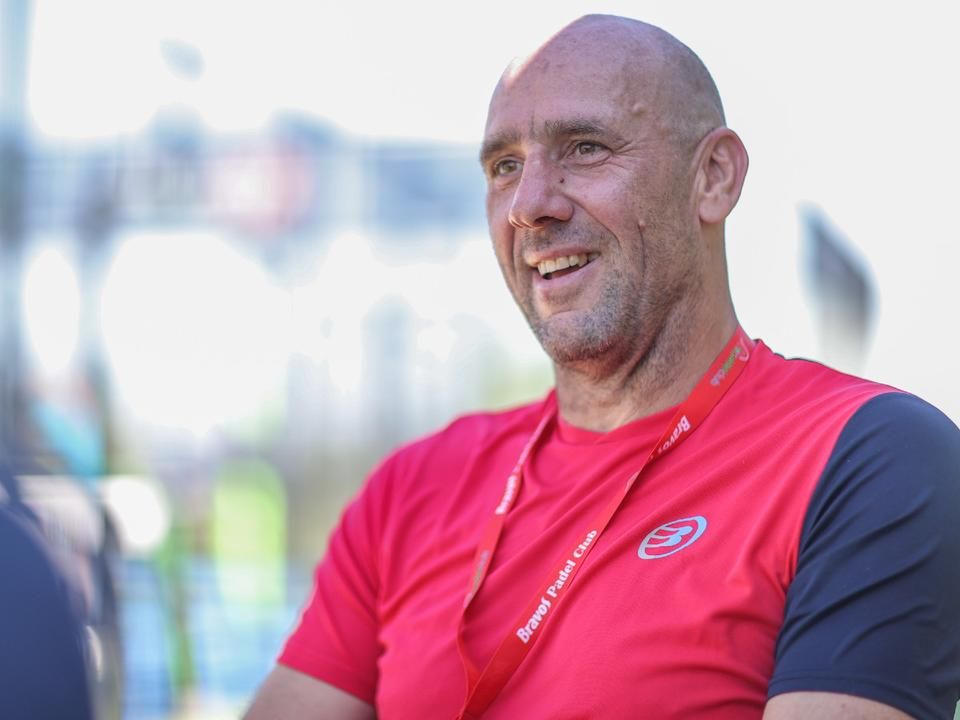
– After your national team debut, you were transferred to Anderlecht and then to Dortmund. Were those your best years?
– Winning the title with Dortmund is definitely the highlight of my career. In the last round, we secured our first place in front of 80,000 spectators at the Westfalenstadion. Against Werder, we won by two goals to one, I scored the first goal, and the winning goal came about 15 minutes before the end. It was a huge celebration.
– Also in Dortmund, you had to be in goal after Jens Lehmann had been sent off against Bayern. Although your team lost you didn't concede any goals and were named in the team of the round by Kicker. Were the old reflexes working?
– Yes, that played a part in it, but even Dortmund, I still found myself in the goal after trainings, so it wasn't a completely unfamiliar role.– How do you see the current situation in Czech football?
– Better than it was five years ago. There are a lot of young players in the topflight, many trying to succeed abroad, but there are also more experienced players who are playing for strong clubs such as Patrik Schick of Leverkusen, Antonín Barák of Verona and Vladimír Coufal and Tomás Soucek of West Ham. Both the Czech and Hungarian national teams also have potential and I think they would have a place at the World Cup.
– Does that mean you are also familiar with Hungarian football?
– I follow it to a certain extent. Of course, the recent European Championship matches were eye-catching, and the results in the Nations League were brilliant.
– As far as I know, your first trip abroad was to Hungary.
– We did go to Lake Balaton when I was twelve, but it was a family holiday, not a football trip. A few years ago, I spent a long weekend in Hungary and now I'm here to play padel. This tournament in Szentendre is the first international tournament I have competed in.
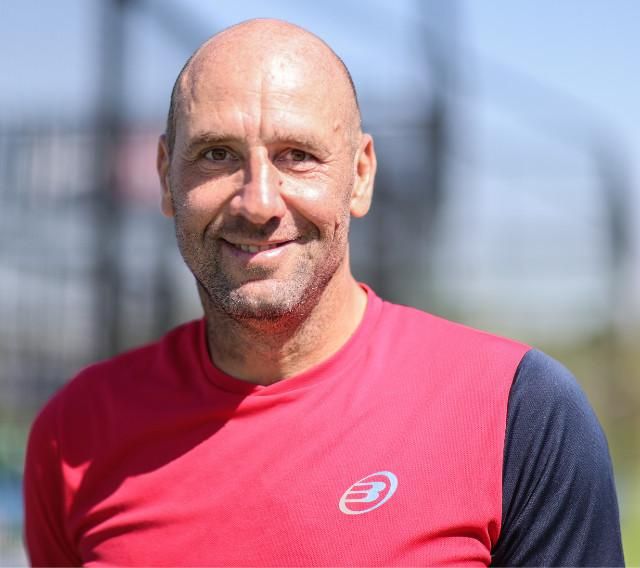
– What got you into this sport?
– I started playing ten years ago in France on my doctor's recommendation. I like that it's a fast, dynamic game, it's played all over the world now, and I think it's the sport of the future. It's good to see that it's so widespread in Hungary as well and that such prestigious tournaments as this one are being organized. For me, sports is my life: sometimes I play hockey in the morning, play football in the afternoon and padel in the evening.
– Where do you play football?
– In Smetanova Lhota.
– I suppose not as a goalkeeper.
– Oh, yes, and sometimes as a midfielder, too.
– And never as a striker?
– Never.

Oroszország: Jan Koller a Szamarában folytatja
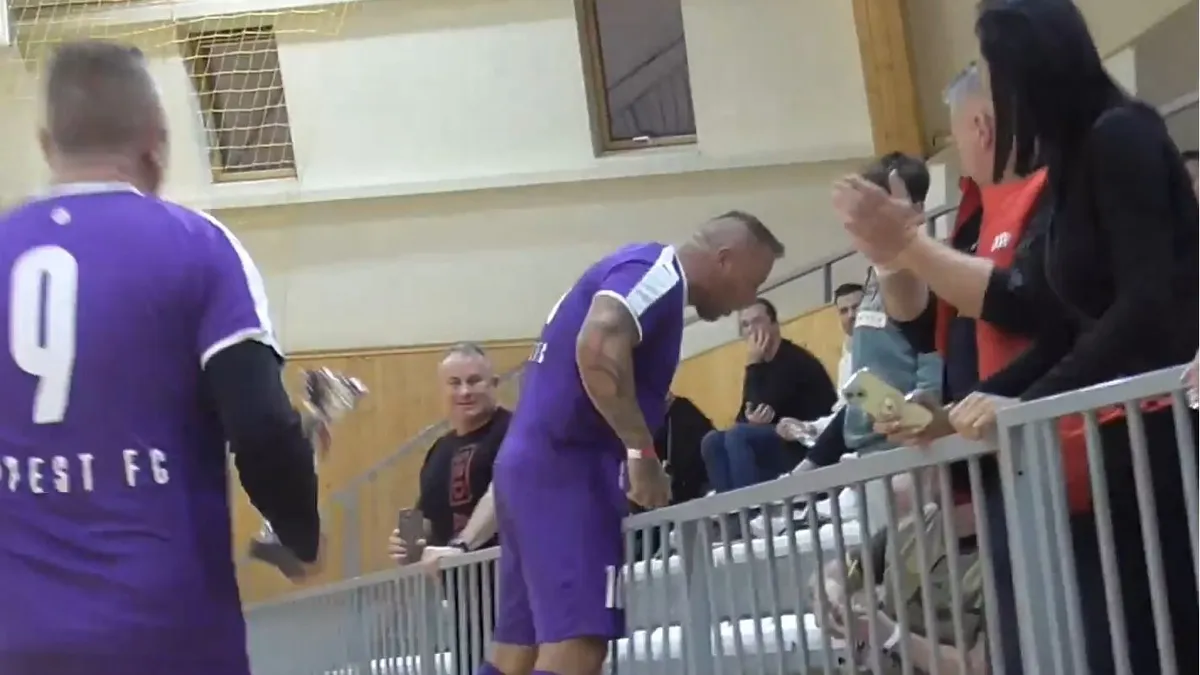
Curtis pofonvágta az őt gyalázó szurkolót a lelátón
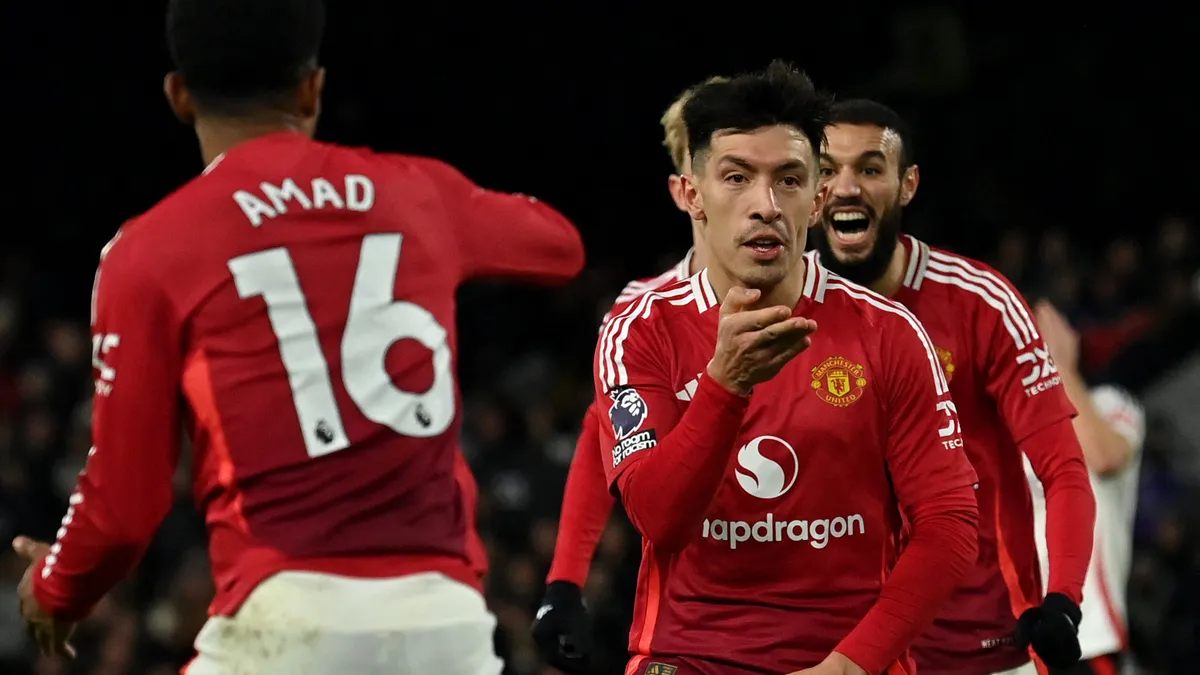
Az MU egyszer találta el a kaput, de egy szerencsés góllal így is nyert
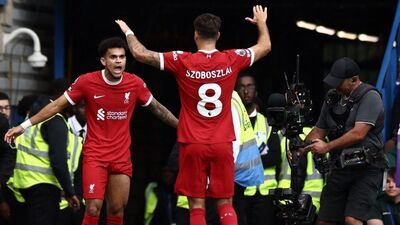
Ez nem hiányzott: Szoboszlai Dominik még egy világsztár miatt aggódhat!
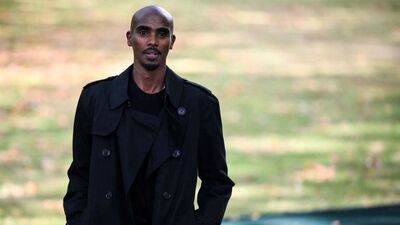
Milliárdokért árulja luxusotthonát az olimpiai bajnok
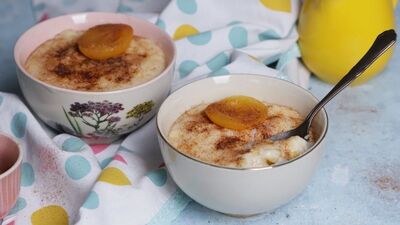
Villámgyors finomság – az 5 legjobb tejbegrízrecept
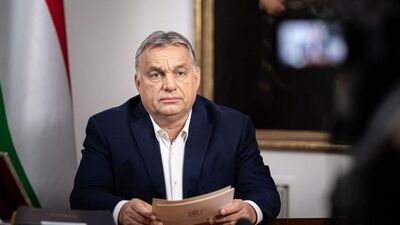
Orbán Viktor elutazik, ezen a helyen magyar kormányfő még nem járt
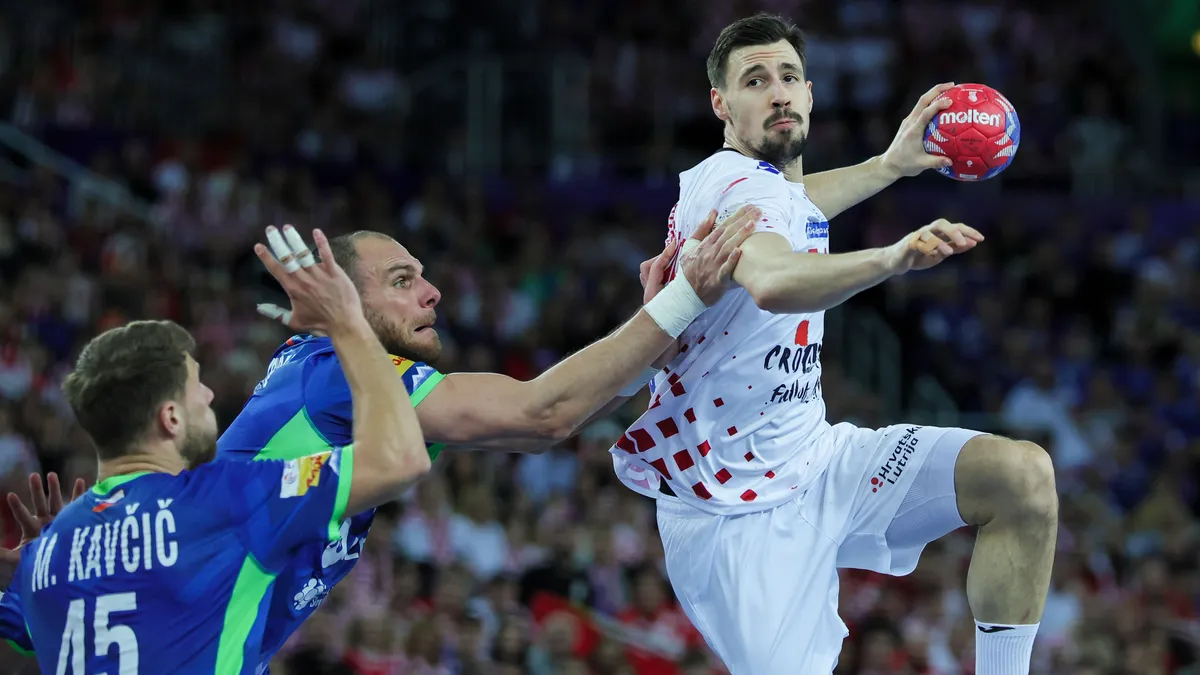
A szlovénokat legyőző Horvátország lesz a mieink negyeddöntős ellenfele kedden 18 órakor a kézi-vb-n
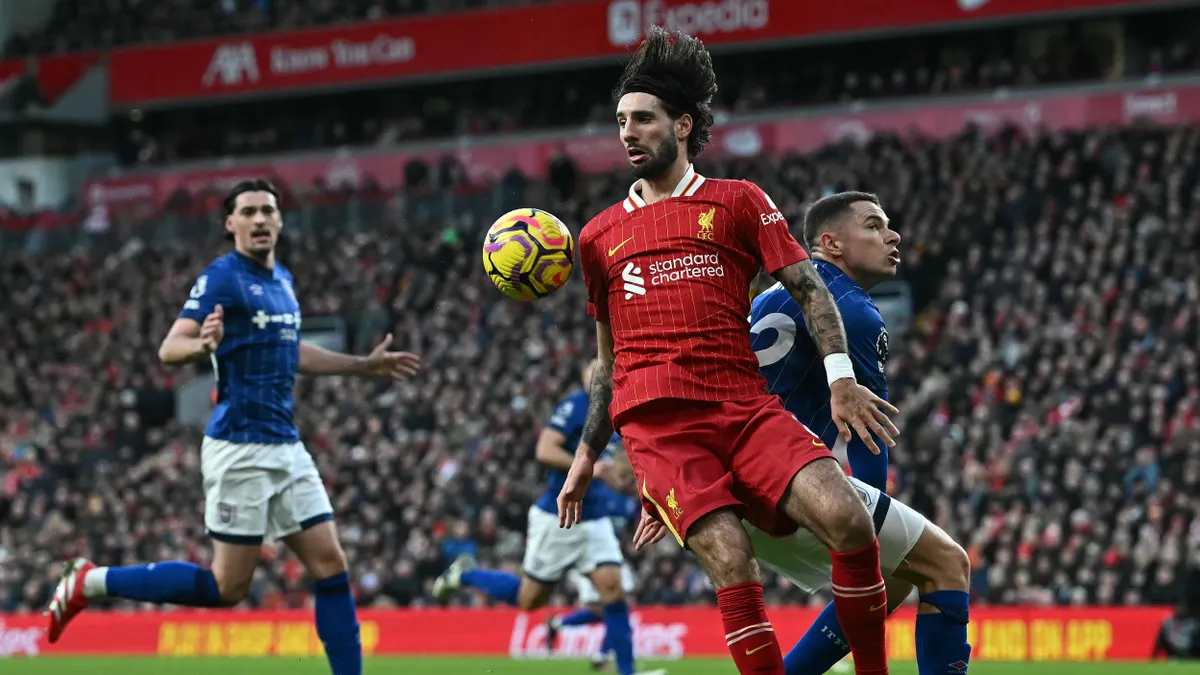
Szoboszlai szenzációs passzán ámul a világ - videó
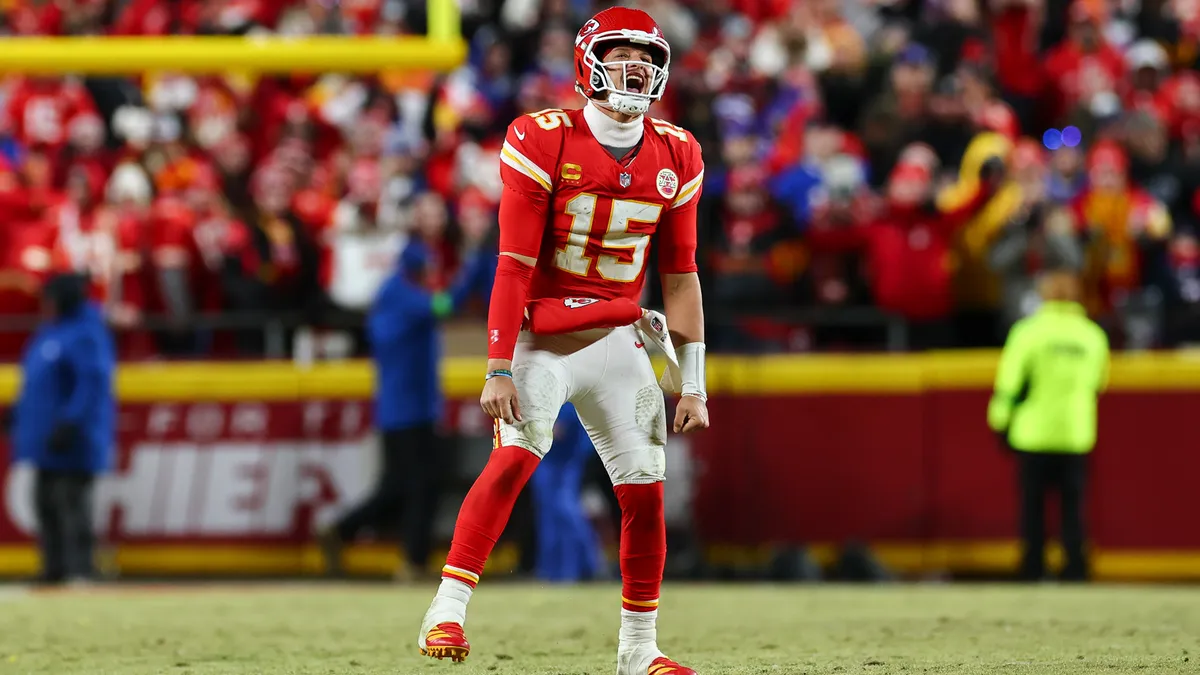
A Chiefs újabb drámai meccsen nyert a Bills ellen – triplázás kapujában a Kansas City!
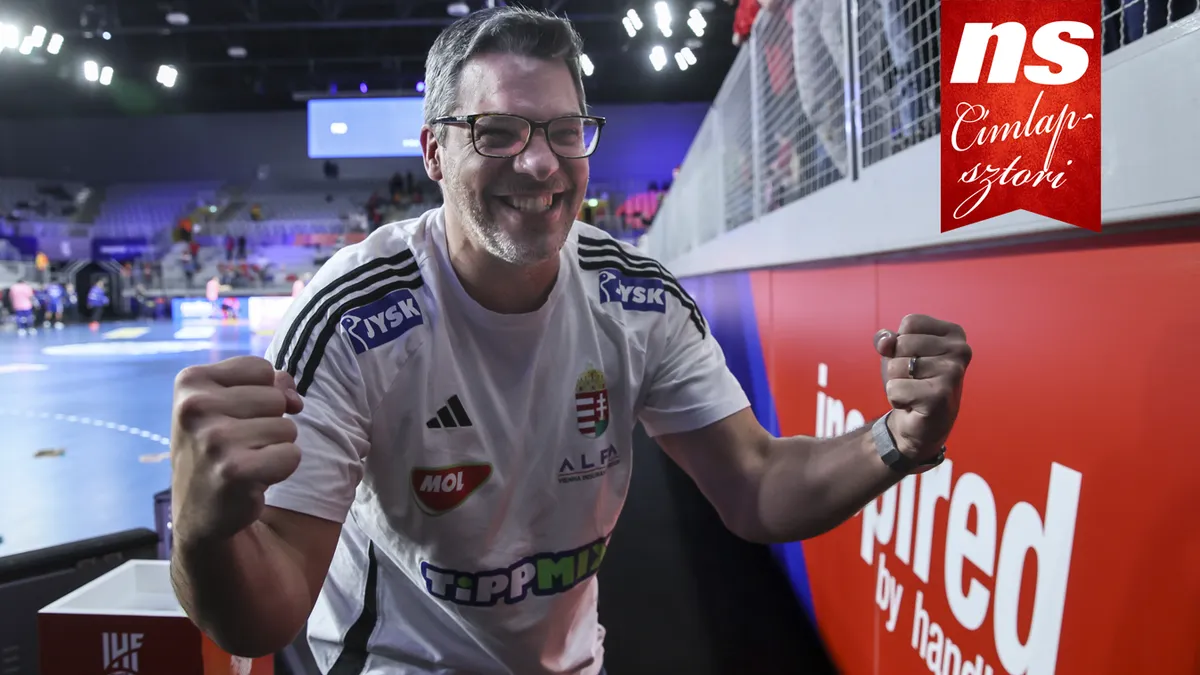
Chema Rodríguez: Óriási dolog, hogy sorozatban harmadszor ott vagyunk a nyolc között
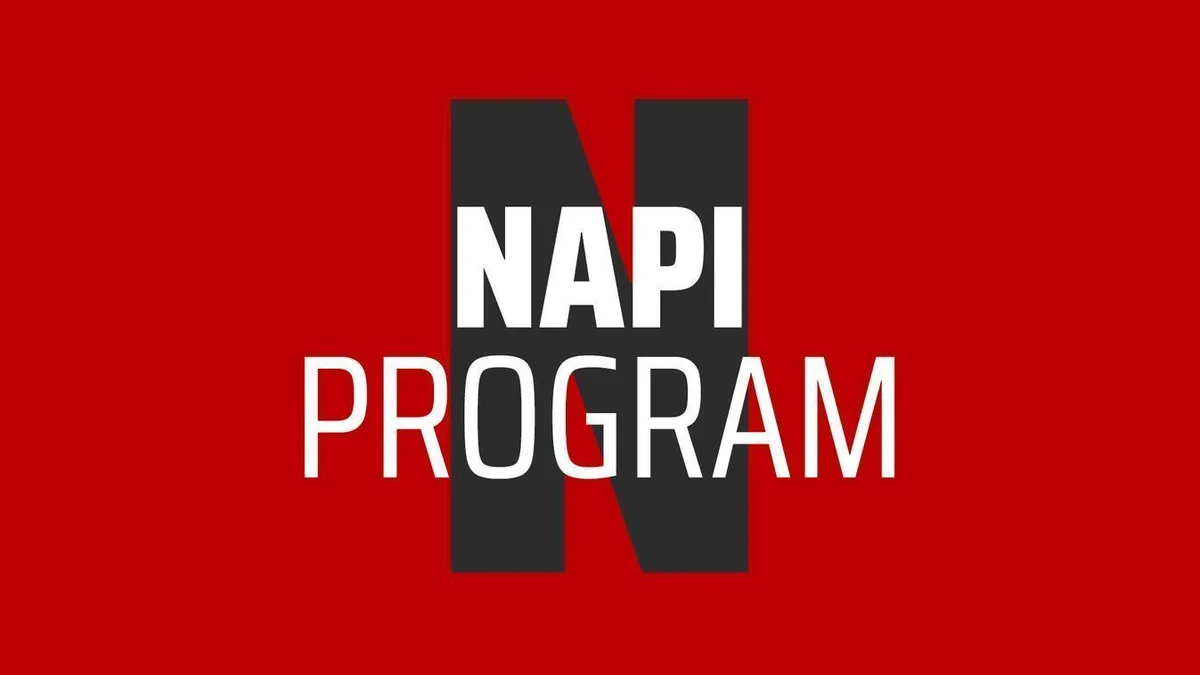
Hétfői sportműsor: olasz, spanyol és angol futball, magyar futsal
